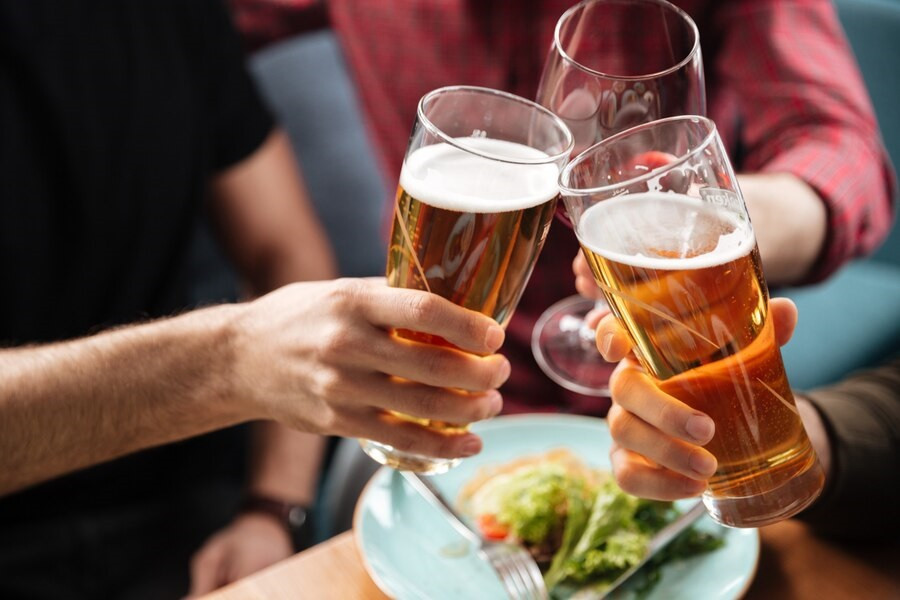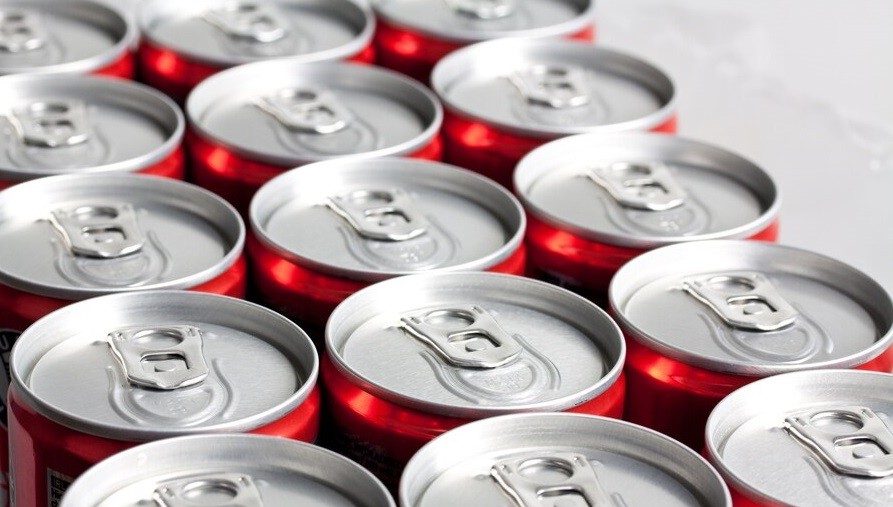Drinking alcohol is a common activity across many cultures, and even small amounts can make someone feel drunk. So, how exactly does alcohol cause intoxication? Find out more in the following article.
How Does Alcohol Make People Drunk?
Alcoholic beverages are made from ethanol, also known as ethyl alcohol, which is produced through a process called fermentation. During fermentation, yeast converts sugar into alcohol. For example, grapes are fermented to make wine, while potatoes are used to make vodka.
In the body, the liver is the main organ responsible for metabolizing alcohol. However, alcohol begins its journey into the bloodstream through tiny blood vessels in the mouth and tongue before it even reaches the digestive system. Once alcohol enters the digestive system, various organs, including:
- Stomach
- Small intestine
- Pancreas
- Brain
Alcohol will be processed by specific enzymes, they will break down the alcohol and eliminate it from the body.
After drinking, alcohol first enters the stomach, where its absorption is influenced by the amount of food in the stomach. If the stomach is full, the digestive acids work to break down both food and alcohol, which slows the absorption process.
However, when the stomach is empty, alcohol moves directly into the small intestine, which has a larger surface area, allowing alcohol to be absorbed more quickly into the bloodstream. As a result, drinking on an empty stomach leads to quicker intoxication.
Once absorbed into the blood, alcohol travels to the liver, brain, and other organs. In the brain, alcohol attaches to receptors for gamma-aminobutyric acid (GABA), a chemical that slows brain activity. When alcohol binds to these receptors, the brain's processes slow down, leading to a feeling of relaxation and calmness.
The more alcohol you consume, the higher your blood alcohol concentration (BAC), which leads to greater effects on the brain. These effects include:
- Slower reaction times
- Delayed thinking
- Loss of motor control
- Slurred speech
- Unusual behavior
Tips for Relieving Alcohol Hangovers
A hangover occurs when the effects of alcohol wear off and you start feeling unwell. Unfortunately, the only way to speed up recovery is to stop drinking and allow the body time to metabolize the alcohol.
The body takes time to metabolize alcohol. When the levels of alcohol in the blood are reduced, your awareness will slowly return. However, there are a few steps you can take to ease the symptoms of a hangover:
- Drink plenty of water to avoid dehydration. Since alcohol is a diuretic, it increases urine production, leading to dehydration. Drinking water can help replenish lost fluids and ease thirst.
- Eat bland foods such as bread or crackers to raise blood sugar levels. Alcohol can lower your blood sugar, and consuming carbohydrates can help restore it.
- Eat before and during drinking to slow the absorption of alcohol. Foods like pasta, eggs, vegetables, and nuts can help absorb alcohol more slowly and reduce its impact.
- Get adequate sleep.
Drinking alcohol can make you lose control of your behavior. It’s best to avoid alcohol consumption, even in small amounts, to prevent unwanted effects. If you have any health concerns related to alcohol or its effects, consider consulting a doctor or using the Ai Care health consultation service, available on the App Store or Play Store.
Want to know more information about other diseases? Click here!
- dr Hanifa Rahma
Bapat, M. (2022), Available from: https://www.goodrx.com/well-being/substance-use/why-does-alcohol-make-you-drunk-brain-body
Berkheiser, K. (2020). How Much Alcohol Is Too Much?. Available from: https://www.healthline.com/nutrition/how-much-alcohol-is-too-much
Santos-Longhurts, A. (2024). Available from: https://www.healthline.com/health/why-does-alcohol-make-you-drunk
Barhum, L. (2024). What is the best way to sober up?. Available from: https://www.medicalnewstoday.com/articles/321103
Osborn, C. (2023). How to Sober Up. Available from: https://www.healthline.com/health/how-to-sober-up












